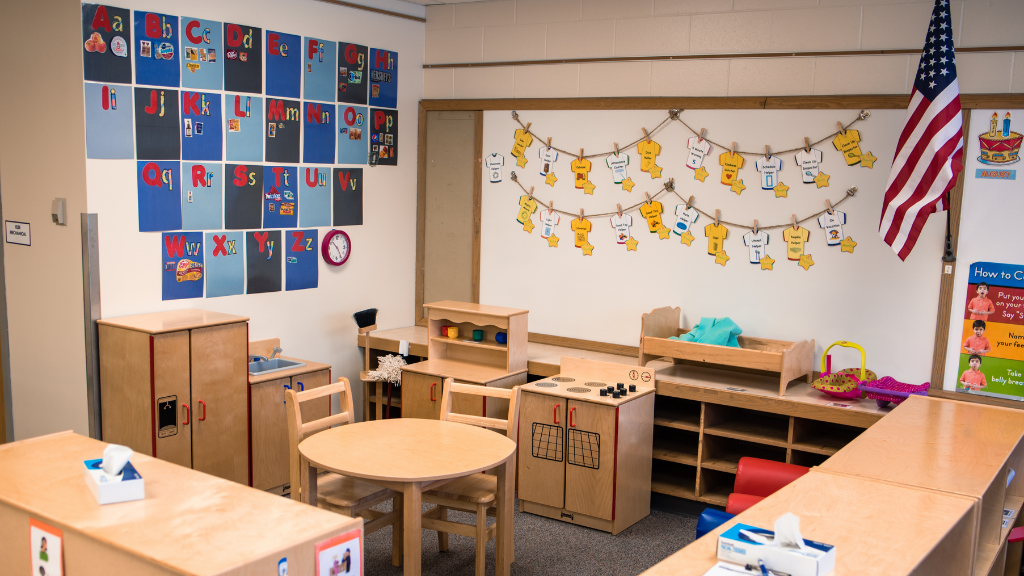Ensuring Equitable Opportunities
We’ve been giving you a look inside Nebraska’s NAESP PreK-3 Leadership Academy and introducing you to the Nebraska Advisors guiding the 20 members of cohort 2 through the academy. Read on to learn how Jason Hippen, Director of Student Services for Nebraska Public Schools, is leading his group through their capstone project.
Jason’s group has chosen to focus their learning on the competency of Ensuring Equitable Opportunities. This competency consists of four major components.
Teachers and administration will:
- Develop critical self-awareness and knowledge of oppression, privilege and cultural competence.
- Establish a school climate that is open, inclusive and affirming of differences (for staff, students and their families).
- Examine school data sources and stakeholder feedback to identify disproportionalities and disparities.
- Differentiate resources and strategies to ensure students, teachers, staff and families have equitable opportunity to succeed.
In the early learning and the early grades, it is important to keep in mind that what a child currently knows and is able to do is largely reflective of the opportunities that child has been provided, not an indicator of what the child is capable of learning. As young children enter early care and education (ECE) programs and schools, the teachers and leaders they engage with profoundly influence the quality of learning opportunities they experience. It is during these PreK-3rd grade years that many young children encounter for the first time non-family members who influence how children think about their worth and who they are capable of becoming.

The four members of this group have created capstone projects to improve equitable outcomes for the students or families of their respective school districts. Each of these four capstone projects are described briefly below:
Family Engagement: A group member from Lexington Public Schools has increased the number of family engagement events and encouraged families to attend and realize the impact they can make on their child’s future. Family engagement, or getting parents involved their child’s education, is an important aspect of making sure students and families have equitable opportunities to succeed.
Equitable Learning Project: In Omaha Public Schools a teacher has created a sound wall within her classroom. Students add to this wall when they read words from stories that are specific to the skill area taught within that story. This project will help students become successful readers giving them equitable learning opportunities and resources.

Preschool Placement for Students: A group member from Seward Public Schools has developed a system/rubric to tier students that are in preschool based on their level of need. This will help them be equitable in how students are placed in classrooms to better serve students and meet their specific needs.
Effective Preschool Strategies: Another team member from Omaha Public Schools is implementing specific engagement strategies so students can be more successful. These engagement strategies give every student an equitable opportunity to show improvement and demonstrate learning.
These capstone projects are expanding on the learning of each participant by demonstrating an action plan that relates to the competency of equity.


